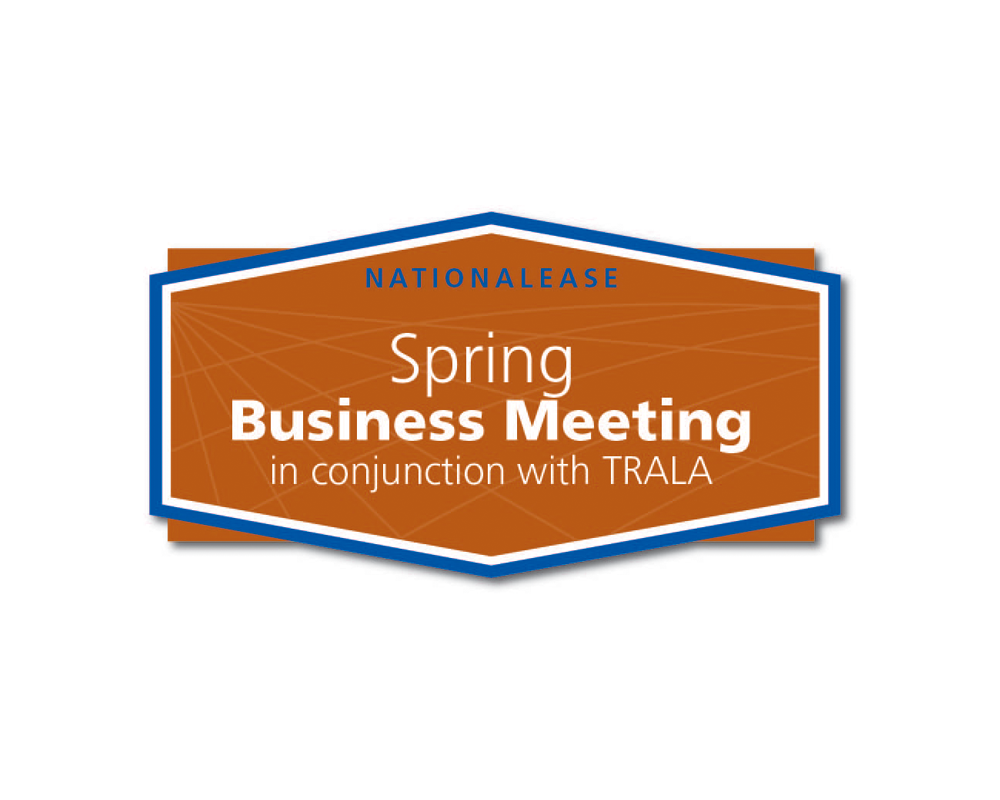The world may feel completely different than it did two decades ago, but a lot still remains the same.
Last month, I wrote an IdeaXchange blog, “Of heroes and leaders,” pointing out the attributes of heroes. The original blog cited motivational speaker, Kevin Brown, who noted that a hero is not an ordinary person doing extraordinary things. As he said, “To be a hero is to bring the best version of yourself [to a situation].” To read more about heroes, read the full blog.
But while he spoke about heroes, Brown also expressed a warning in his presentation; to not let technology replace relationships. That seems ever more difficult in a world where people never have to see one another or even talk to one another to have transactions take place. Whether for business or pleasure, technology has allowed people to connect with one another faster than ever and anywhere in the world. Yet the connection is tenuous at best.
An NBC news article earlier this year found that “nearly half of Millennials and Gen Zers say they often feel isolated even when surrounded by friends, both real and virtual.” The article, “Despite Social Media, Generation Z, Millennials Report Feeling Lonely,” really brings home the fact that loneliness, once considered a public health threat to the elderly, is now affecting the country’s younger generations.
So what does this have to do with business? Feelings of loneliness and isolation definitely affect how effectively people can do their jobs. Plus, those younger workers who are only relating via their smartphones, may likely spend inordinate amounts of time texting, again taking them away from the tasks that are necessary.
What the reality is, regardless of technological advances, is that people need people. Human contact and interaction is as important in the workplace as it is in one’s personal life. That is why, as leaders and managers, it is important that, whenever possible, you encourage workers to interact with one another personally. Technology has also enabled many employees to work remotely, making it even more difficult to identify who may be lonely.
The American Psychiatric Association Foundation has some suggestions as to what employers can do to combat loneliness:
- Ask employees whether they feel valued
- Make sure all employees and managers understand the value of high-quality work relationships
- Encourage employees to seek help when needed
- Make it a company-wide priority to strengthen social connections
This is also an opportunity for you to assess if your company has a corporate culture that supports connectedness. Combatting employee loneliness may never have been in your job description in the past, but it certainly is a part of your job now. The more you learn to recognize the signs, the better workforce you will have.





